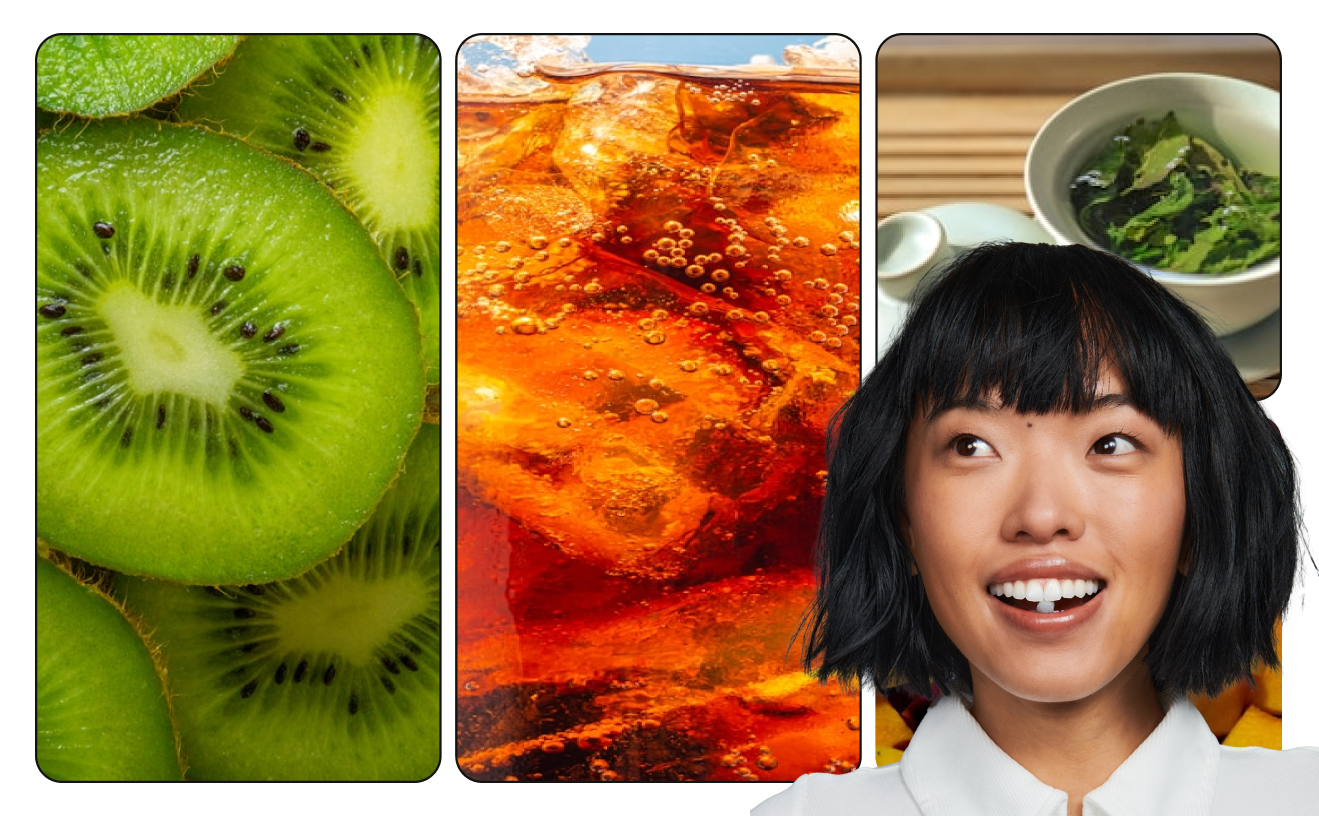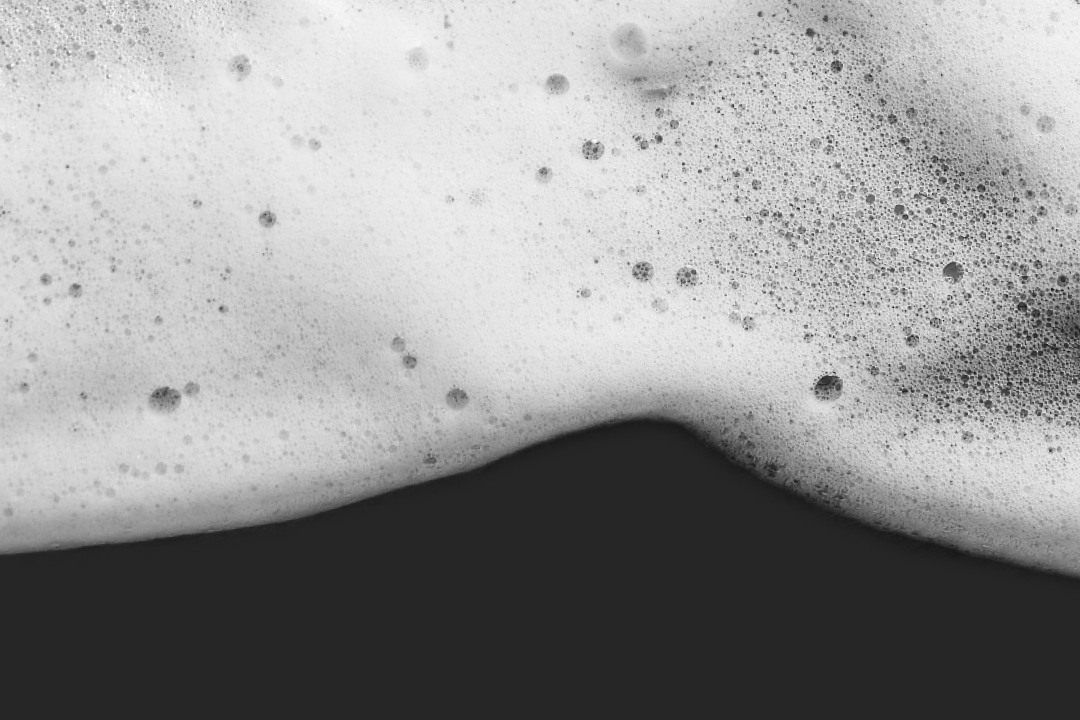Rosehip Oil Benefits: Hydration, Naturally Soothing & More
Let’s face it: our skin does a lot for us.
When it comes to choosing our skincare products, we want to find those that do the most for our skin in return.
Unfortunately, it’s not always that easy. We all have unique skin types and skin needs, and with so many different ingredients incorporated into so many different products, finding what works best for us can take some trial and error.
Here at Bite, we believe that understanding what various ingredients offer can help you choose products that will fit your individual skincare needs.
And that’s why we’re doing a deep dive into one of our favorite skincare ingredients: rosehip oil.
What Is Rosehip Oil?
Rosehip oil is a soothing, naturally-derived oil that has been used for its healing properties for centuries.
Unlike rose essential oil — a wonderfully sweet and floral essential oil that can be found in our Rose Vert deodorant –– rosehip oil is made from rosehip seeds rather than the petals of the rose plant. For this reason, you may also hear it referred to as rosehip seed oil.
Rosehips are the accessory fruit of the flower found beneath the petals. These small fruits are rich in vitamins, antioxidants, and essential fatty acids, giving them the ability to support the skin in various ways.
How Is Rosehip Oil Made?
Rosehip oil can be sustainably sourced directly from rose bushes. A cold-pressed extraction method is used to separate the oil from the hips and seeds. Once isolated, the oil can be added to skincare products or even used directly on the skin as a facial oil or body oil.
This extraction method involves no chemicals or solvents, making it a particularly environmentally-friendly ingredient to add to your skincare routine.
What Are the Benefits Of Rosehip Oil?
Rosehip oil can provide a wealth of benefits when applied, regardless of skin type. Rosehip oil behaves similarly to our skin’s natural sebum, providing the skin with much of the vitamins and fatty acids it needs.
Rosehip oil contains a naturally high amount of vitamin C and beta-carotene, which converts into vitamin A within the body. Rosehip oil also provides essential fatty acids, including oleic, palmitic, linoleic, and gamma-linolenic acid (GLA), all of which can support the skin in looking and feeling its best.
Here are some of the benefits of using rosehip oil on the skin.
Anti-Aging
The vitamin C and beta-carotene found in rosehip oil both have antioxidant properties, which can do wonders when it comes to reducing the appearance of signs of aging.
Antioxidants play a vital role in protecting the skin cells, and as we age, our bodies become less able to fight off stressors that can damage these cells. This is part of why our skin loses its elasticity and becomes more susceptible to wrinkles and fine lines over time.
By supporting healthy skin cells, antioxidants can help keep the skin young and supple-looking, reducing the appearance of fine lines and wrinkles.
Hydrating
As a light, non-greasy, and natural oil, rosehip oil can penetrate deeper skin layers to better lock in moisture, combatting dry skin on even the worst days.
The high concentration of essential fatty acids, including linolenic acid (an omega-3) and linoleic acid (an omega-6), plays a role in repairing and strengthening the skin’s oil barrier, further sealing in moisture to keep the skin hydrated and healthy.
Brightening
Because rosehip oil contains so many vitamins and fatty acids naturally produced within the body, topical application can support the body’s regular cell turnover, keeping the skin tone radiant and bright.
Cell turnover is the process in which our skin sheds dead skin cells. As new skin cells are generated, those young skin cells travel to the outermost layer of skin, pushing out older, dead skin cells.
We’re all familiar with these dead skin cells; the dryer, rougher skin can become itchy and irritated. Ideally, new skin cells often replace the dead ones to help our skin stay smooth and fresh.
Unfortunately, cell turnover slows as we age. This makes obtaining the compounds needed for cell turnover from outside sources all the more important. And rosehip oil does not disappoint!
The fatty acids, beta-carotene, retinoids, and vitamins found within rosehip oil may help support the normal production of new skin cells.
This is good news because the quicker cells on the outer layer of skin are replaced, the smoother, softer, and brighter the skin will stay.
Can Reduce Dark Spots and Blemishes
The same nourishing nutrients found in rosehip oil that can help keep our skin rejuvenated and bright can also help reduce and prevent blemishes.
The antioxidant properties of vitamin C and vitamin E can help reduce sun damage, decreasing the formation of sunspots.
Rosehip oil can help reduce hyperpigmentation and sunspots, and it can also be used as a face oil to help limit blemishes associated with clogged pores.
There’s no need to fear using rosehip oil on acne-prone or oily skin, as rosehip oil is considered a “dry oil” low on the comedogenic scale. It is quickly absorbed into the skin without leaving a residue or clogging the pores.
The linoleic acid and retinoids within rosehip oil can help decrease blemishes, as the shedding of dead cells caused by improved cell turnover can help avoid buildup in the pores associated with acne.
Can Soothe Irritation
There’s a reason rosehip oil has been incorporated into natural remedies for thousands of years. This nourishing oil is naturally soothing and may even have anti-swelling properties.
While you should check in with a dermatologist if you believe you have a skin condition or are experiencing ongoing skin irritation, rosehip oil can help alleviate associated discomfort.
Studies have found that the high concentration of vitamin C in rosehip oil may help calm and soothe irritated and uncomfortable skin. Gamma-linolenic acid can also limit swelling, while vitamin E and anthocyanin can soothe irritation.
Together, these compounds found in rosehip oil can help calm the skin and soothe irritation.
Can Reduce the Appearance of Scars
If you have scars you’re hoping to make less visible, rosehip oil has you covered.
Rosehip oil’s essential fatty acids have been found to reduce the appearance of scars by promoting skin regeneration. By supporting the growth of new skin cells, rosehip oil can help keep the skin clear.
How Bite Uses Rosehip Oil
Here at Bite, we choose our ingredients carefully and believe that the products we use to support our wellness should contain only what we need and nothing we don’t.
Rosehip oil is a mainstay ingredient in our Body Balm, and you can see why.
As one of only 14 ingredients in our ultra-hydrating Body Balm, rosehip oil provides an antioxidant boost that your skin will love. And because this plant-based oil is filled with the same clean nutrients that exist within us and that we seek out in our food, it is a safe alternative to chemical-filled products that is gentle on sensitive skin.
Along with rosehip oil, our vegan, travel-friendly balm includes skin-softening shea butter, vegan squalane, and moisturizing hyaluronic acid to provide your skin with natural nourishment.
And, we gotta admit, we are just as excited about what isn’t in our body balm as we are about what is.
Our lightweight, waterless formula removes the need for any harsh preservatives, parabens, or sulfates, which goes a long way for the health of our skin and the planet.
We believe caring for ourselves and our planet can be one and the same. Our 100% plastic-free balm comes with a refillable metal case so that when you’re ready for more, all you have to do is purchase a refill and fit it back into the same case.
And did we mention that a single refill is the equivalent of five 8oz bottles of lotion? That’s a whole lot of plastic being kept out of our landfills and oceans over time, with nothing but clean, gentle ingredients making their way to your skin.
Bottom Line
Rosehip oil is a light and gentle plant-based oil that can help soothe irritation, hydrate dry skin, and minimize the appearance of fine lines or dark spots to keep the skin feeling (and looking) firm and rejuvenated.
We love that rosehip oil's beneficial impact on our skin is plentiful, while its environmental impact remains low. It’s an ingredient you can feel good about–inside and out.
Sources
Why Topical Retinoids Are Mainstay of Therapy for Acne | PMC
Therapeutic Applications of Rose Hips from Different Rosa Species | PMC


